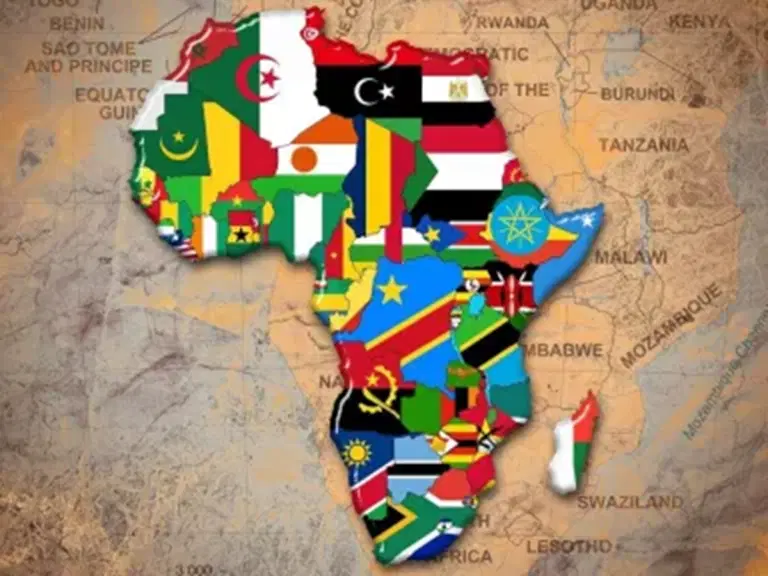This report highlights the critical infrastructure investment landscape across Africa and provides valuable insights into how the private sector is stepping up to bridge the gap.
Africa’s Infrastructure Investment Gap
Africa’s infrastructure deficit remains a formidable challenge, with the African Development Bank (AfDB) estimating annual needs of $130-$170 billion and a funding shortfall of up to $100 billion. The World Bank underscores the urgency, noting that Sub-Saharan Africa needs to invest 7.1% of its GDP annually to meet sustainable development goals. However, current investments linger at only 3.5%.
Role of Private Sector Investment
To address this gap, private capital is indispensable. The International Finance Corporation (IFC) has emerged as a key player, mobilizing $22.5 billion in FY24—marking a 50% increase from the previous year. These funds are channelled into critical sectors such as:
- Renewable Energy
- Healthcare
- Agriculture
- Digital Infrastructure
The IFC’s contributions have enhanced electricity access, empowered smallholder farmers, and laid the foundation for sustained growth. Their efforts underscore the vital role of private sector collaboration in achieving Africa’s development goals.
Top 10 African Countries Attracting Private Sector Investment

- South Africa: $5.07 billion
South Africa’s diverse economy and robust financial systems continue to attract investments across technology, manufacturing, and renewable energy sectors. - Nigeria: $3.96 billion
Despite operational challenges, Nigeria draws significant investments in oil and gas, technology, and agriculture. Its position as Africa’s largest economy bolsters its appeal. - Egypt: $3.37 billion
Investments in energy, real estate, and tourism reflect Egypt’s strategic infrastructure projects and business environment reforms. - Ethiopia: $2.29 billion
Focused on industrialisation, Ethiopia has attracted investments in textiles, agriculture, and renewable energy, supported by its industrial park initiatives. - Côte d’Ivoire: $2.18 billion
The country’s stable political climate enhances its status as a regional economic hub, with investments in cocoa processing, infrastructure, and telecommunications. - Kenya: $1.7 billion
Kenya’s fintech revolution and investments in agriculture and renewable energy underscore its innovation-driven economy. - Guinea: $1.5 billion
Known for its mining wealth, Guinea attracts private capital in bauxite and iron ore, solidifying its role in global commodities markets. - Mozambique: $1.32 billion
Mozambique’s natural gas reserves and agricultural projects are key drivers of private investment, vital for economic recovery. - Morocco: $0.87 billion
Strategic policies and infrastructure advancements position Morocco as a hub for automotive, aerospace, and renewable energy industries. - Cameroon: $0.8 billion
Investments in agriculture, energy, and infrastructure reflect Cameroon’s push for economic diversification.
Implications for Africa’s Development
Bridging Africa’s infrastructure gap through private sector investment is pivotal. The IFC’s efforts, along with the proactive strategies of the top investment-attracting nations, highlight the opportunities available when governments and private entities collaborate effectively.
These initiatives not only address immediate needs but also pave the way for long-term growth, job creation, and economic transformation across the continent.



